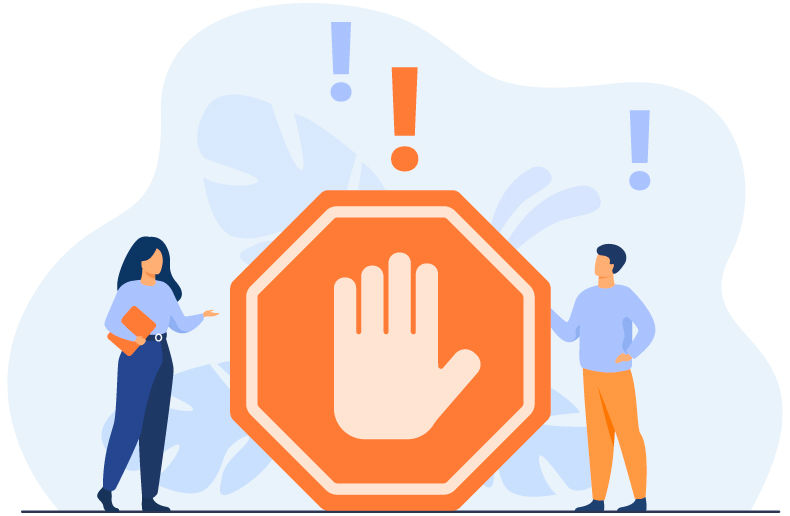The Canadian Life and Health Insurance Association (CLHIA) announced at the end of May that it is expanding its fraud detection data pooling program for group life and health insurers.
The program, launched in 2021, pools industry data to detect fraud trends and scenarios and to create alerts that participating insurers can take into consideration in their own efforts to combat fraud.
It is also collaborative, allowing insurers to escalate investigations and collaborate with other plans when insights emerge from their own data, or when broader industry trends matching their own experience are uncovered by the artificial intelligence (AI) and machine learning (ML) powered tool.
Launched in the group life and health space to address the problem of plan sustainability, also to address the sheer number of actors serving plan members (more than 70 per cent of Canadians are covered by a group life and health insurance plan, according to the CLHIA), the program is in fact part of a series of tools that allow the CLHIA’s members to collaborate. These tools also include a central registry of service providers, the pooled claims data and a facility for investigation across companies.
The CLHIA’s partner and service provider in the data pooling initiative is Shift Technologies, a data science and AI solutions provider working with insurers and associations globally. Already working in Canada, Shift has also partnered with the Équité Association to build a similar tool for use with property and casualty (P&C) insurers.
Intelligence, detection and collaboration
“The fundamental purpose of this is to help members of the CLHIA spot more suspicious activity in their claims processes,” Shift’s product marketing director, Al Culbertson told Insurance Portal in an interview. “The underpinnings of the solution are absolutely AI based. Different permutations of predictive analytics and machine learning. As a whole, that’s what we’re using to help do the analysis of that background claims data, to spot these anomalous behaviours.”
Currently, 20 plans are participating in the data pooling initiative. The program is also currently focused on provider claims fraud – instances where paramedical service providers may be billing for services not rendered, or using benefits to cover friends and family who are not part of the plan. No personal plan member information is being shared as part of the initiative.
Put simply, Shift Technology is analyzing provider claims data by using AI to aggregate the information provided by the 20 participating insurers, analyze it and identify scenarios and patterns of potential fraud across the industry. “Individual carriers can look at that and further evaluate it and, if they’d like, take it forward from an investigation standpoint,” the CLHIA’s vice president of anti-fraud, Joanne Bradley, told Insurance Portal in an interview. “When you can combine all the data, collaborate and you have a tool that can analyze it and highlight potential and suspected fraud, you can start seeing trends across the industry.”
Once the data is analyzed, Shift’s technology creates alerts that are broadcast. Insurers have access to the results of their own data going through Shift’s program and to the alerts. CLHIA, meanwhile, can see high level reports, but not insurer-specific data.
“You and I could be individually fighting fraud, but when these plans are working together to do that, you’re getting a better picture of activity,” says Culbertson. “You’re able to see the trend and industry-wide activity that you might not be able to from a singular plan perspective.”
The collaborative effort
Finally, the idea of collaboration between competitors may not be a natural inclination, but the CLHIA says the effort is widely supported by the association’s membership.
“We absolutely believe that the collaborative fight against insurance fraud is a huge benefit,” Culbertson says. “This idea of finding those areas where you can collaborate, as opposed to being purely focused on competition, really does elevate the entire industry right now.”
He adds: “Bad actors, if they’re working in your plan, they’re likely working in others.”







